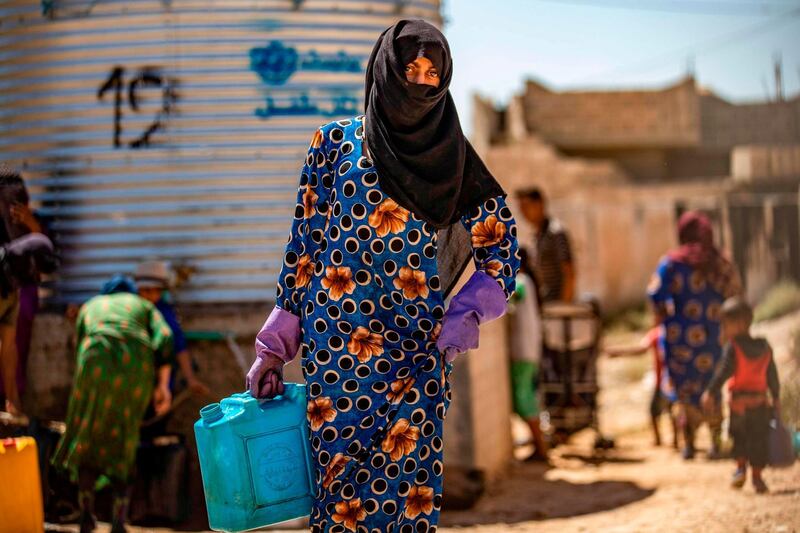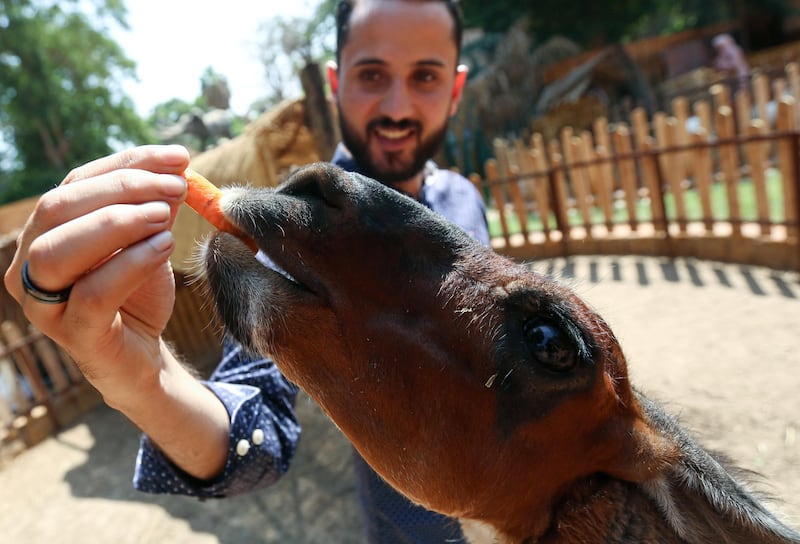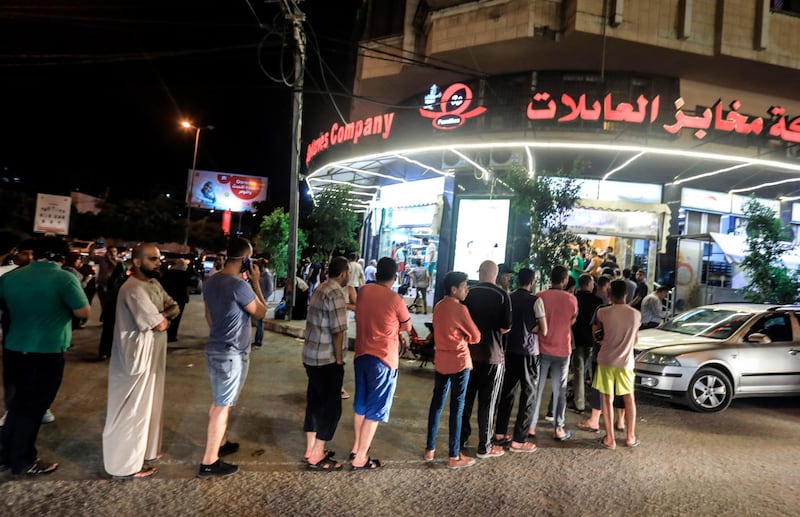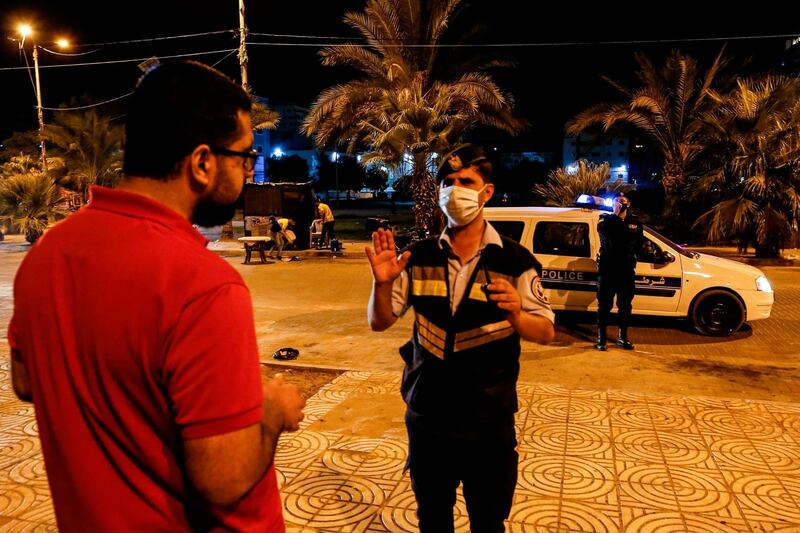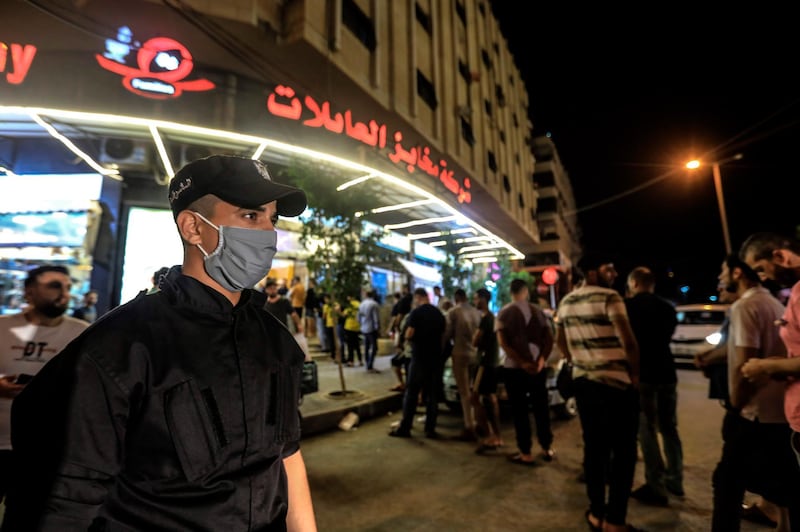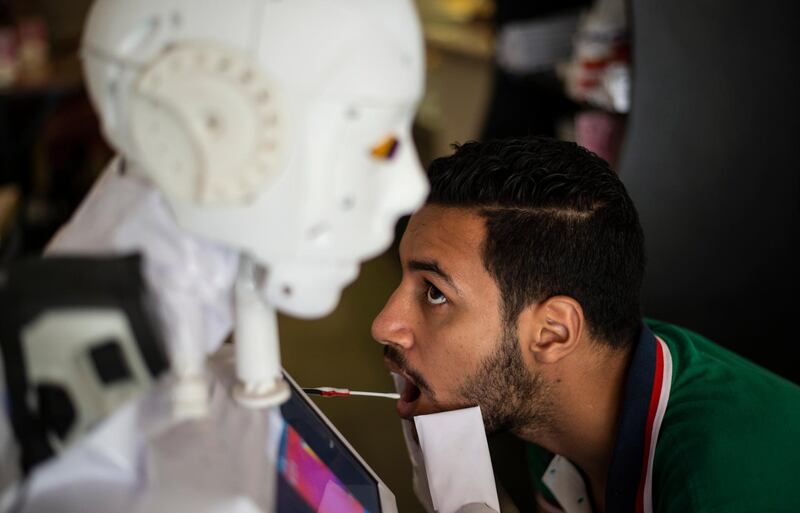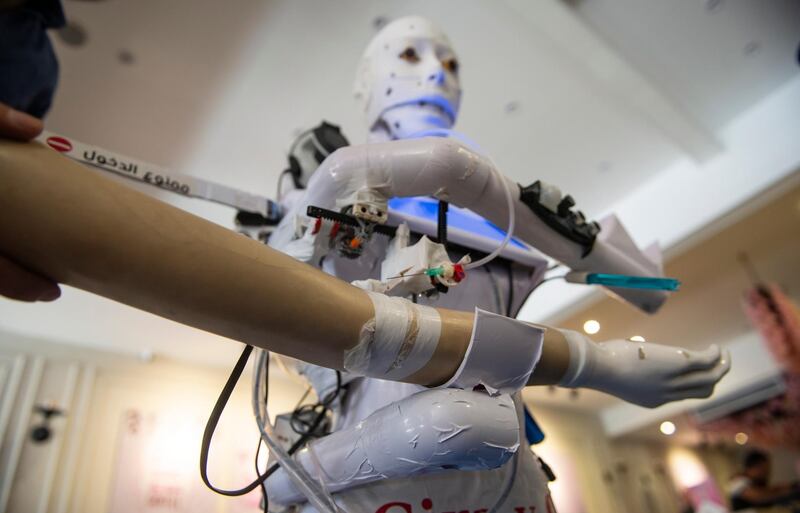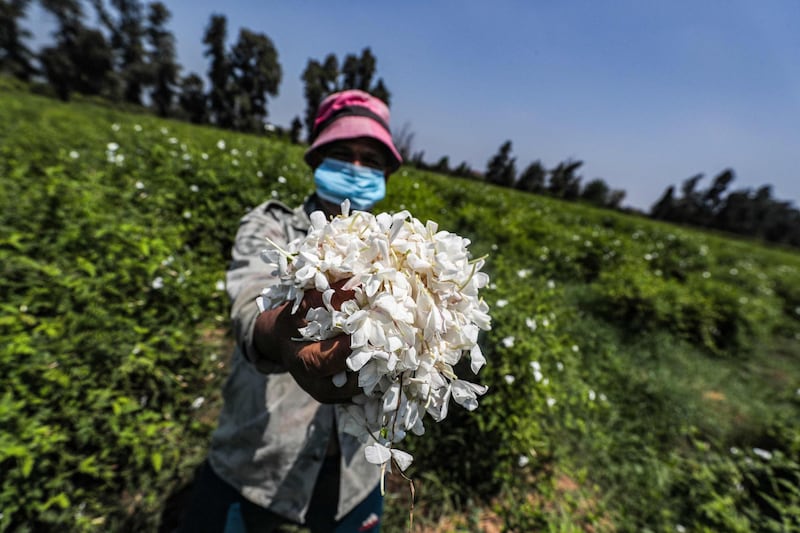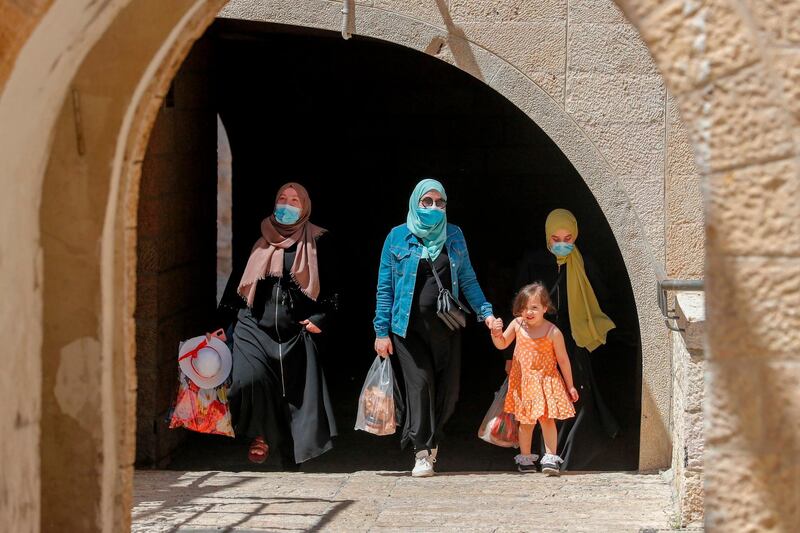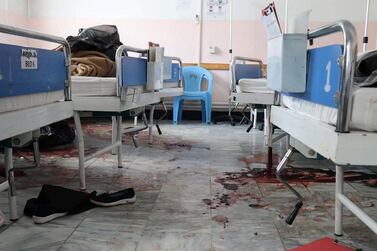Tens of thousands of people in north-east Syria fear dying of thirst after a key water supply was cut amid soaring summer temperatures and a growing coronavirus outbreak.
The province of Hassakah, home to a refugee camp for former ISIS fighters and their families, relies on the Allouk water station near Turkish-controlled Ras Al Ayn for much of its water supply. But the flow was stopped on August 13, according to local sources.
Residents have little drinking water, with summer days reaching as high as 46 degrees. The heat is causing growing cases of illnesses such as diarrhoea, and the lack of water for hygiene poses a serious problem to efforts to stop the spread of the global pandemic.
The country has officially recorded fewer than 2,300 Covid-19 cases and 90 deaths so far, but there are multiple claims that an unreported crisis is already ravaging Syria.
"Everyone in the city suffers from a lack of water," Hassakah resident and journalist Redwan Xelil told The National.
“If no one intervenes there will be a real disaster in the city, especially since the number of people infected with coronavirus is increasing daily.”
According to the local water authority, it is the eighth time the supply has been cut since Turkish forces took control of the border area around Allouk during Operation Peace Spring, which began in October 2019 and lasted for more than a month.
–––––––––––––––––––––––––––
Coronavirus around the region
–––––––––––––––––––––––––––
“We are now in the summer season and Hassakeh is recording its highest daily temperatures – as a result people need high volumes of water,” Sozda Ahmed, co-chair of Hassakah province’s water directorate, said.
“We are facing a huge problem as we are unable to provide the majority of families with water supplies. This is creating chaos in the city and people fear they will die of thirst.”
The city of Hassakah was damaged by ISIS and, like much of Syria, has limited health care facilities and medical supplies. Its population has also sharply increased since Turkish forces moved into north-eastern Syria, displacing thousands into the province to live in camps, disused gyms and schools.
Ms Ahmed said that around 1.2 million residents now depend on water from the Allouk station, including the Areesha refugee camp and Al Hol, which was previously home to controversial British ISIS member Shamima Begum.
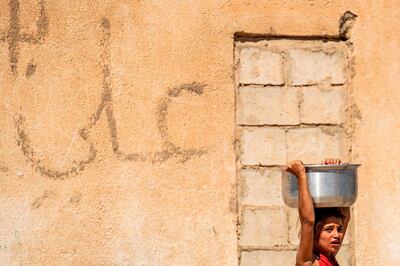
“This is a war crime what they are doing – it is considered to be a genocide because they are depriving people of their basic rights,” she said, referring to the Turkish forces.
Mahmoud Karo, supervisor of the camps in Hassakah, said they are “very concerned about the problem of water cuts and have concerns about the impact of this on the camps. The current solutions are temporary and not strategic".
The Turkish communications directorate has been contacted for comment.
Hassakah has long had a problem with its inefficient water supply; however, the recent cuts are due to a dispute between Ankara and the Syrian Democratic Forces – who control much of north-east Syria – over the exchange of water and electricity, said Dareen Khalifa, a senior analyst at the International Crisis Group.
She said the SDF have repeatedly failed to deliver electricity as agreed to Turkish-controlled areas, but that Turkey should not use water as a tool to pressure the SDF.
“The outlook for north-east Syria is bleak. The Kurdish-led authorities inherited a fragile health system and destroyed infrastructure, the overhaul of which required massive international support just to meet the population’s basic needs, let alone ward off a pandemic,” she said.
The Caesar Act: New US sanctions on Syria take effect
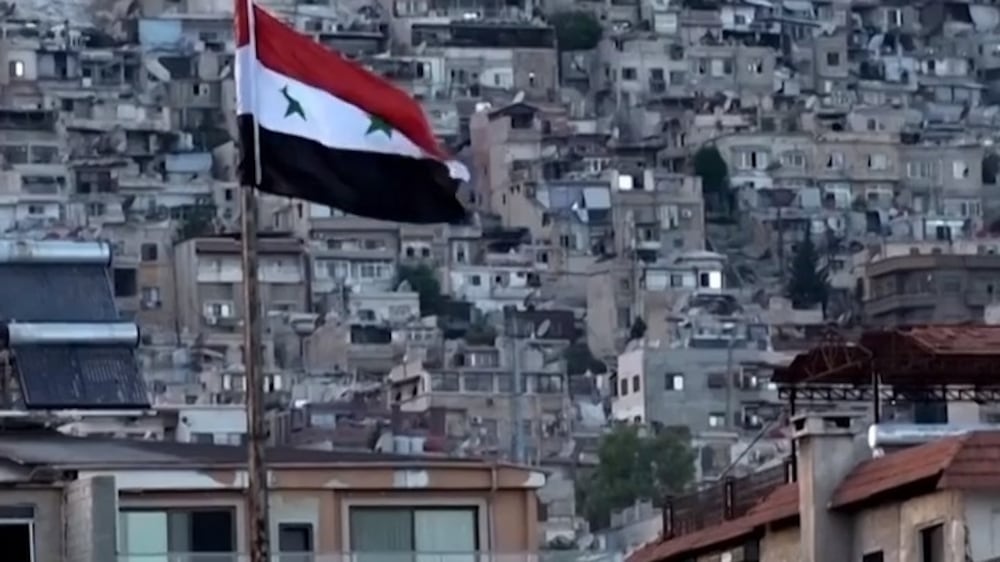
In March, United Nations children’s agency Unicef released a statement saying the water cuts put children and families at unacceptable risk.
“Uninterrupted, reliable access to safe water is essential to ensure children and families in the area don’t have to resort to unsafe water sources,” it said.
Until the Allouk water is fully returned, residents rely on meagre wells as well as aid deliveries by the Kurdish Red Crescent.
Sara Montinaro, project manager of the Kurdish Red Crescent’s drinking water project, said they work with the local water authority to transport supplies to the area to fill tanks and that the situation there at the moment is “dramatic”.
She said that people have become “disappointed and angry” due to the repeated cuts, already facing nine years of civil war, an economic crisis and now the pandemic.
“It is complicated because demand is really high and we cannot cover all of the city. It is a real challenge … Even when open, the station doesn't work at full capacity – only three of ten pumps are active. The people are desperate,” she said.
“You have to imagine, not only do you not have water to wash your hands with but you have no water even for drinking. The UN and international institutions have to help us.”
The UN has previously called the use of starvation as a method of warfare a “prohibited and a prosecutable war crime”, including the restriction of items necessary for civilians’ survival such as water.
“Cutting water to civilians is a crime against humanity and a clear violation of International Humanitarian Law,” said Ms Montinaro.
“The truth is we are facing a real humanitarian disaster.”
